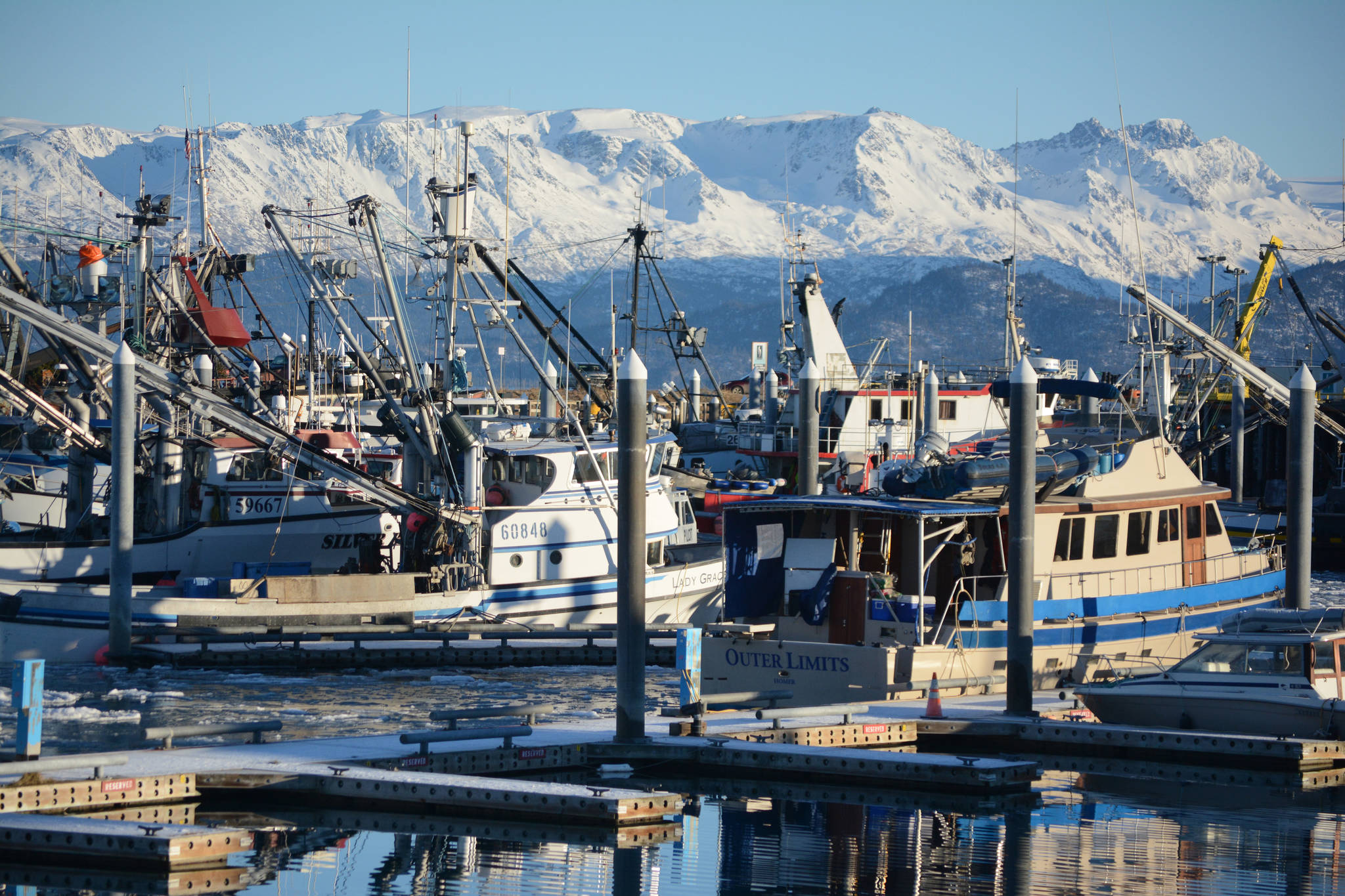The International Pacific Halibut Commission is seeking information from the past two years about the financial impact of COVID-19 in a trio of surveys for the commercial, processing and charter sectors.
In a press statement, the IPHC stated “In order to capture the economic impacts of Pacific halibut, the IPHC has designed a series of surveys to gather information from the sectors relying on this resource. Developing an accurate and representative Pacific halibut multi-regional economic impact assessment (PHMEIA) model requires active participation of our stakeholders, who we ask for necessary data for analysis.”
They ask for active participants and stakeholders in the three sectors to respond to surveys for 2020 and retroactively for 2019.
They say that data for 2019 covers pre-COVID-19 operations which can be considered a baseline suitable for drawing conclusions under normal circumstances and can be used for predictions. Data for 2020 covers an abnormal year of operations which can be used to assess losses incurred by the halibut sectors, but also that sector’s resilience to “unfavorable circumstances.”
They state that the intention of the study is to demonstrate the importance of the Pacific halibut resource to the economy of the region where the harvests occur, as well as spillover effects to other areas. The study will account for the direct impacts of supplied fish, value added along the supply chain, as well as economic activity generated by commercial fishers’ expenditures in various sectors and households spending halibut-supported wages.
The survey for commercial fishermen asks questions about how many days spent at sea each year; other fishing activities with the vessel such as salmon, cod, etc.; value of halibut Individual Fishing Quotas owned by the vessel operator and value of quota leased; income from either or both; revenue from either or both; revenue from bycatch such as rock fish; payments to crew and/or hired skippers; and more.
There is a section on vessel operating costs for different areas, with the section on costs in Alaska making fairly clear that costs up here are substantially higher.
That section asks for information about fixed vessel maintenance costs, fuel, bait and ice, as well as insurance and interest payments on IFQ purchases.
There is also a section asking in which port major overhauls are generally conducted.
There is an option to get contacted regarding results of the survey.
They emphasize that the surveys are strictly voluntary and strictly confidential.
For more information or to take the survey visit www.iphc.int/management/economic-research or contact the IPHC Secretariat at secretariat@iphc.int or call 206-634-1838.
Cristy Fry can be reached at realist468@gmail.com



